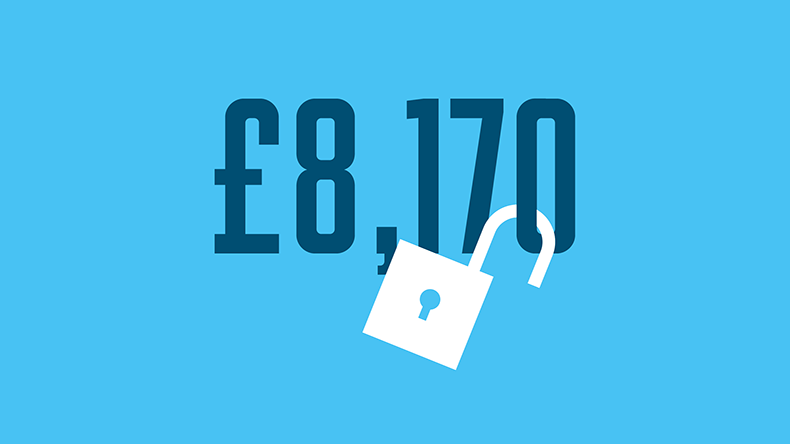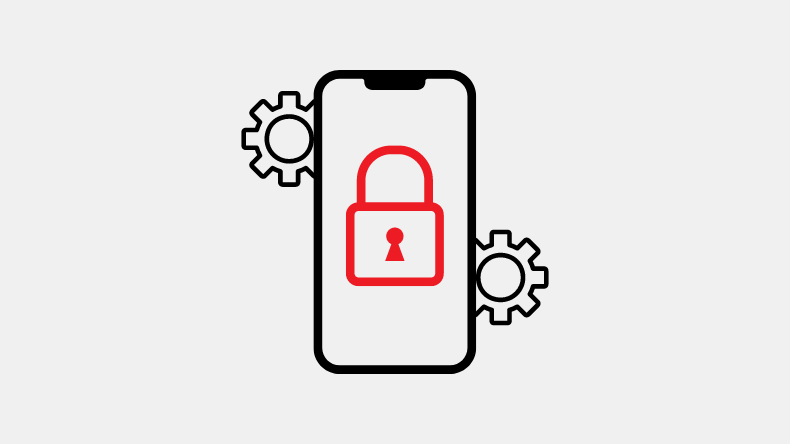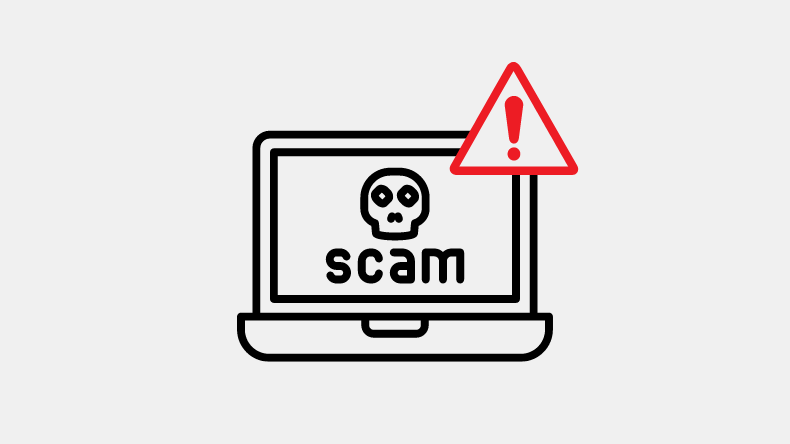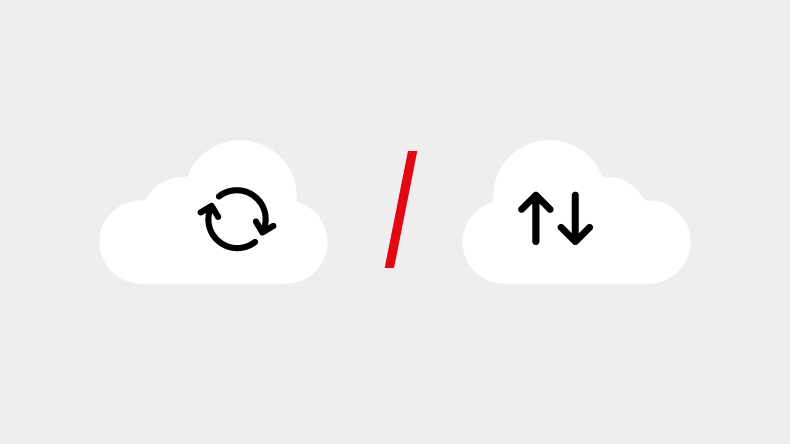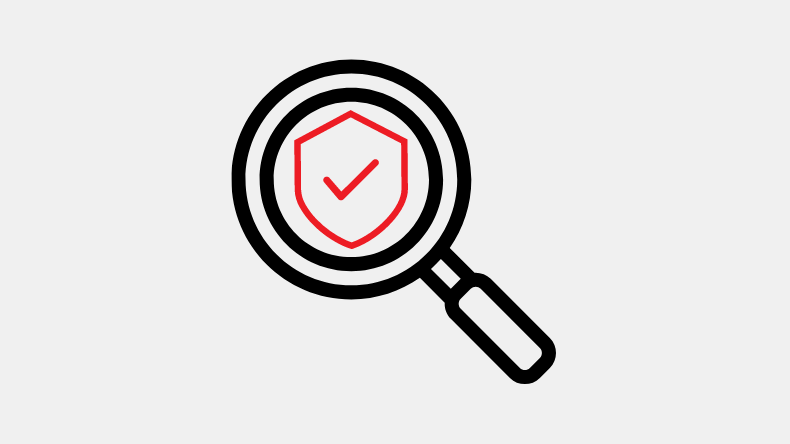Is Your Business Built on Sand? The Supply Chain Cyber Security Threat to SMEs

Are you confident in your current supply chain cyber security measures?
Imagine your business is a well-guarded castle, but the gatehouse belongs to someone else.
That’s kind of what a supply chain can be in today’s digital world, where the threat of a cyber attack is ever-present.
In the UK, many small and medium-sized businesses (SMEs) like yours rely on suppliers, and if their security isn’t up to scratch, it can leave your whole operation exposed.
This guide will break down exactly what that supply chain risk means for your cybersecurity, what kind of nasties could be lurking out there, and most importantly, how to keep your castle safe.
We’ll even give a real-life example to show why this matters.
What is Supply Chain Risk in Cyber Security?
Supply chain risk in cybersecurity refers to the potential threats that arise from vulnerabilities within your supply chain.
This includes any third-party vendors, suppliers, or service providers that your business relies on for products or services. These external entities can become entry points for cybercriminals, who exploit their vulnerabilities to gain access to your systems and data through a supply chain attack.
In essence, even if your internal cybersecurity measures are robust, a weak link in your supply chain can compromise your overall security.
This is particularly relevant for SMEs, which often rely on multiple third-party providers for various aspects of their operations.
The Risks Associated with Supply Chain Cybersecurity
1. Data Breaches
A breach in your supply chain can lead to the exposure of sensitive data, including customer information, intellectual property, and financial records.
Cybercriminals can exploit these breaches by injecting malicious code to steal data, leading to significant financial and reputational damage.
2. Operational Disruptions
Cyberattacks on supply chain partners can disrupt your business operations. A hardware supply chain attack, for example, can involve installing a malicious microchip on a circuit board to eavesdrop on data or obtain remote access to corporate infrastructure. For instance, if a key supplier’s systems are compromised, it can delay your production schedules, affect service delivery, and ultimately impact your bottom line.
3. Financial Losses
The financial impact of a supply chain cyberattack can be severe.
Beyond the immediate costs of dealing with the breach, including investigation and remediation, a software supply chain attack can inject malicious code into an application, infecting all users and leading to long-term financial consequences such as regulatory fines, legal fees, and loss of business due to damaged reputation.
4. Reputational Damage
Trust is a critical asset for any business. Examples of supply chain attacks include incidents affecting major organisations, open-source software, and cybersecurity companies, highlighting the potential for reputational damage.
A cyberattack that affects your supply chain can erode customer trust and damage your brand’s reputation. Clients may perceive your business as insecure, leading to a loss of current and potential customers.

Best Practices and Prevention Strategies for Supply Chain Risk Management
1. Conduct Thorough Due Diligence
Before partnering with any third-party vendor or supplier, conduct comprehensive due diligence to assess their cybersecurity posture.
This includes reviewing their security policies, procedures, and past security incidents. Ensure they adhere to industry standards and best practices for cybersecurity.
Additionally, it is crucial to assess the security of their software supply chain to prevent potential software supply chain attacks that could compromise your systems.
2. Implement Strong Contracts and SLAs
Ensure that your contracts and Service Level Agreements (SLAs) with third-party vendors include specific cybersecurity requirements.
These should cover data protection, incident response, and regular security audits. Clearly outline the responsibilities and expectations for both parties regarding cybersecurity.
Government agencies play a crucial role in setting cybersecurity standards for contracts and SLAs, ensuring that vendors adhere to stringent security measures.
3. Regularly Monitor and Assess Vendors
Continuous monitoring and assessment of your supply chain partners are crucial. Regularly review their security practices, conduct audits, and require them to provide evidence of their compliance with your cybersecurity standards.
Additionally, it is important to monitor software supply chains for vulnerabilities, as a single compromised dependency can impact multiple businesses and introduce significant security threats.
4. Adopt a Zero-Trust Approach
Implement a zero-trust security model within your organisation. This approach assumes that no entity, internal or external, can be trusted by default.
It requires strict verification for every device, user, and application attempting to access your network. This reduces the risk of unauthorised access through compromised supply chain partners.
Additionally, a zero-trust approach can help prevent chain attacks by ensuring that each access request is thoroughly vetted, thereby mitigating the risk of exploiting trust relationships within the supply chain.
5. Enhance Employee Awareness
Educate your employees about the importance of supply chain security and how they can help mitigate risks.
This includes recognising phishing attempts, securely handling sensitive data, and understanding the protocols for reporting suspicious activities.
Additionally, educating employees about hardware supply chain attacks is crucial, as attackers may target hardware manufacturers to inject malicious components into products, potentially compromising corporate infrastructure.
The Impact on Your Clients
Your clients depend on you to protect their data and ensure the reliability of your services. A breach in your supply chain can have direct consequences for them, including:
-
Data Compromise: If client data is exposed due to a supply chain breach, it can lead to identity theft, financial loss, and other forms of fraud. For example, a Magecart supply chain attack disrupted British Airways' trading system and led to the leakage of sensitive information.
-
Service Interruptions: Disruptions in your operations can affect your ability to deliver products and services on time, impacting client satisfaction and trust.
-
Legal and Regulatory Implications: Depending on the nature of the data breach, your clients may also face legal and regulatory consequences, particularly if they are in industries with stringent data protection requirements.
Real-World Example: AT&T's SMS Records Breach
To illustrate the significance of supply chain risk, consider the recent breach involving AT&T’s SMS records. According to Krebs on Security, hackers were able to steal phone and SMS records for nearly all AT&T customers.
This breach involved a software supply chain attack, where malicious code was injected into an application, making it susceptible to security threats and vulnerabilities. It highlights the vulnerabilities in even the most robust supply chains and underscores the importance of vigilance and proactive measures.
In this case, the breach had widespread implications, including the potential for identity theft, privacy violations, and financial fraud. It also damaged AT&T’s reputation and eroded customer trust.
For SMEs, a similar breach could be catastrophic, given their limited resources to manage and recover from such incidents.
Conclusion
Supply chain risk in cybersecurity is a critical concern for SMEs in the UK. Understanding the risks, implementing best practices, and taking proactive measures can help mitigate these threats and protect your business and clients.
By conducting thorough due diligence, implementing strong contracts, regularly monitoring vendors, adopting a zero-trust approach, and enhancing employee awareness, SMEs can significantly reduce their exposure to supply chain cyber risks.
So, how well do you understand the cybersecurity posture of your third-party vendors?
It's time to take a closer look and ensure that your supply chain does not become the weak link in your cybersecurity strategy, and Acora One is here to lend a helping hand.
Back to the blog.

